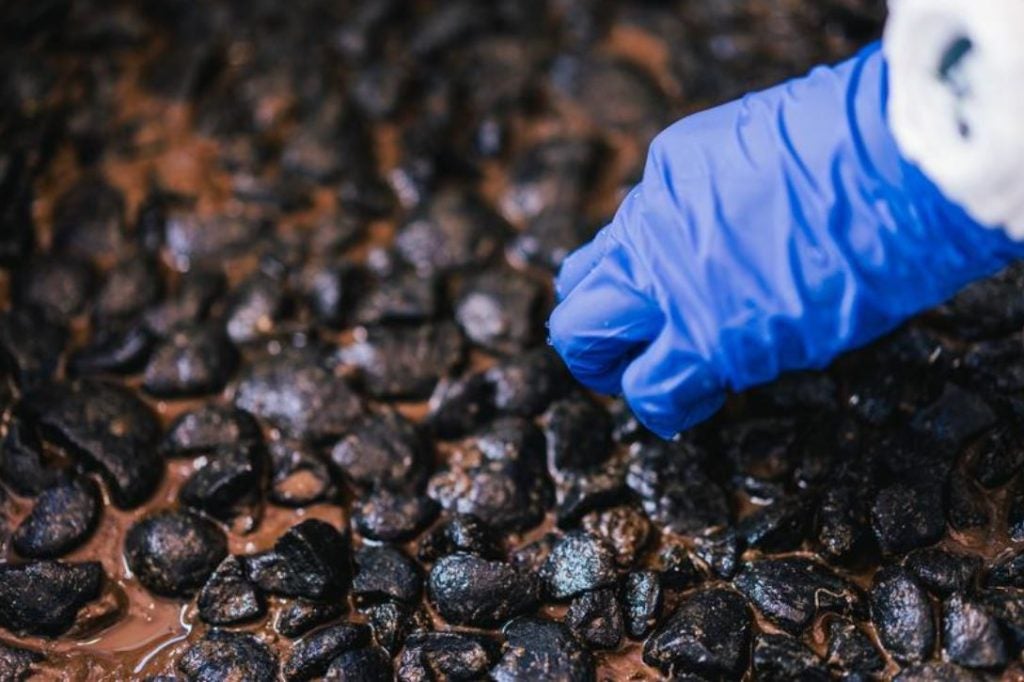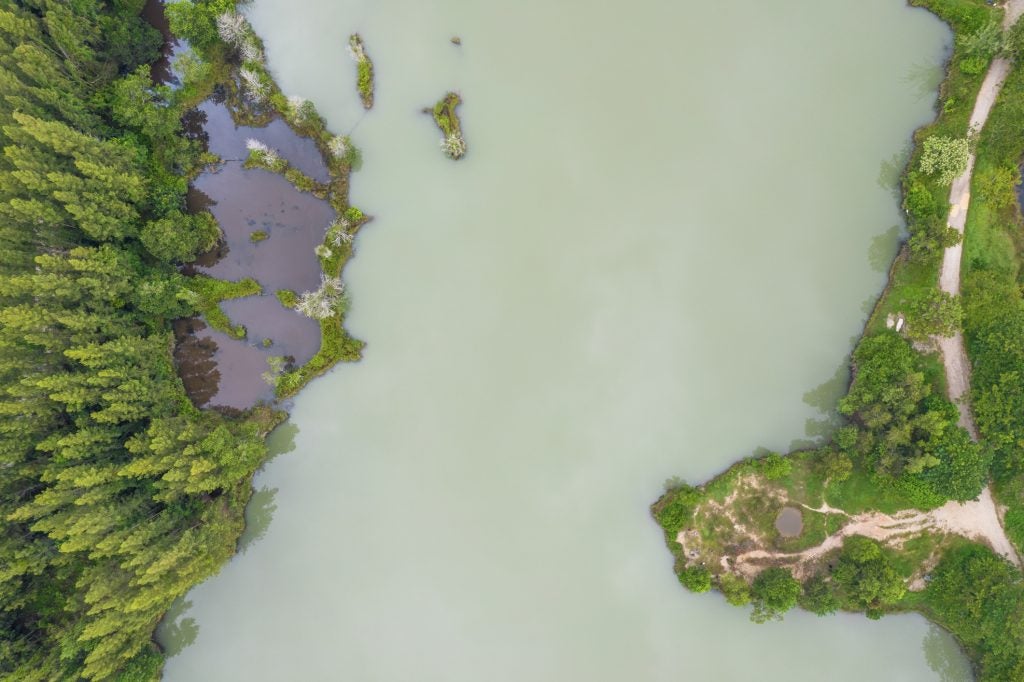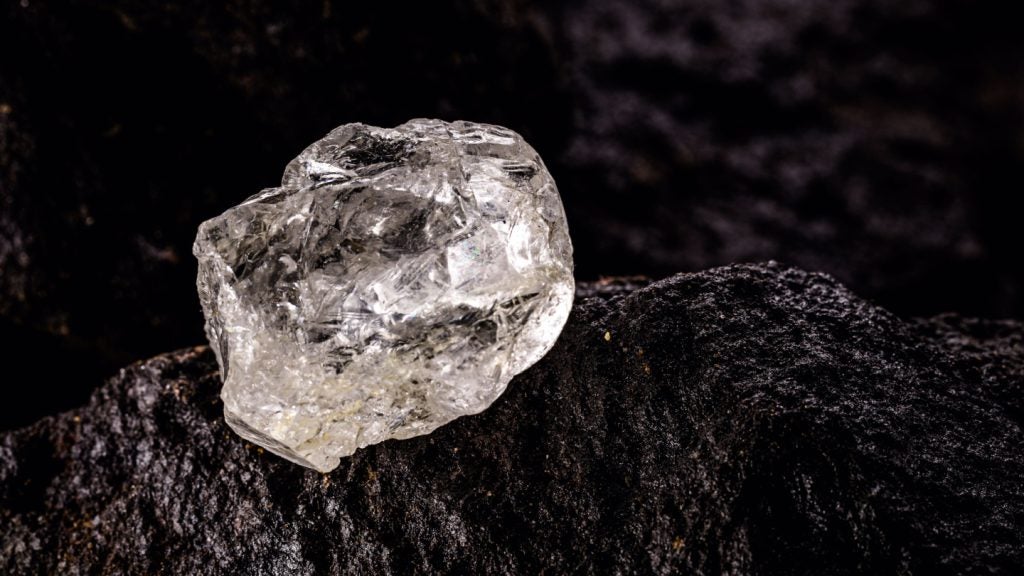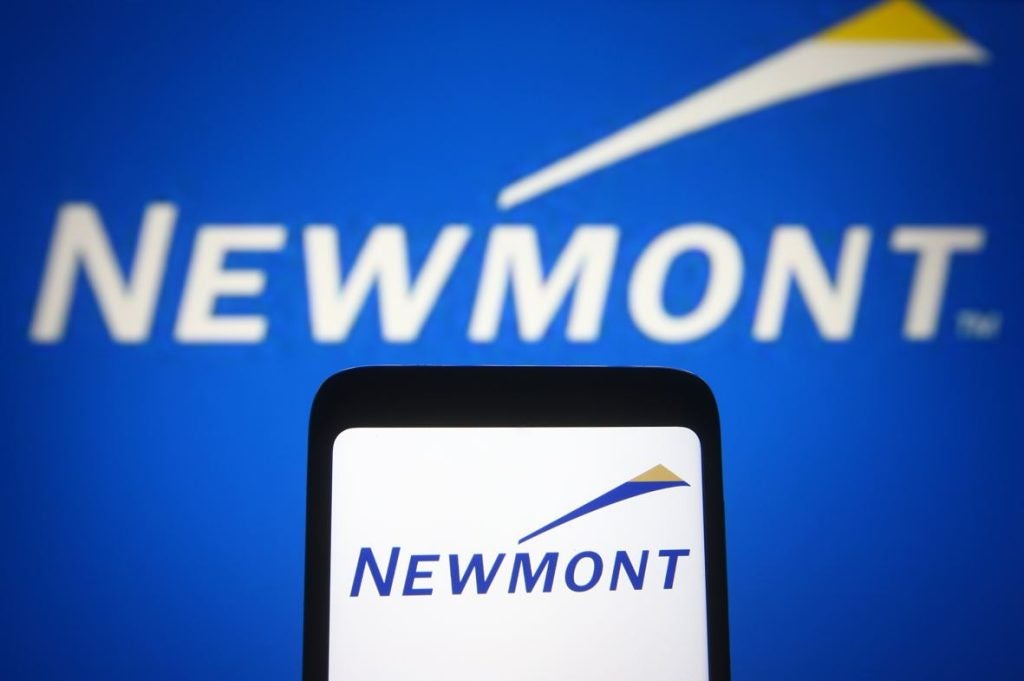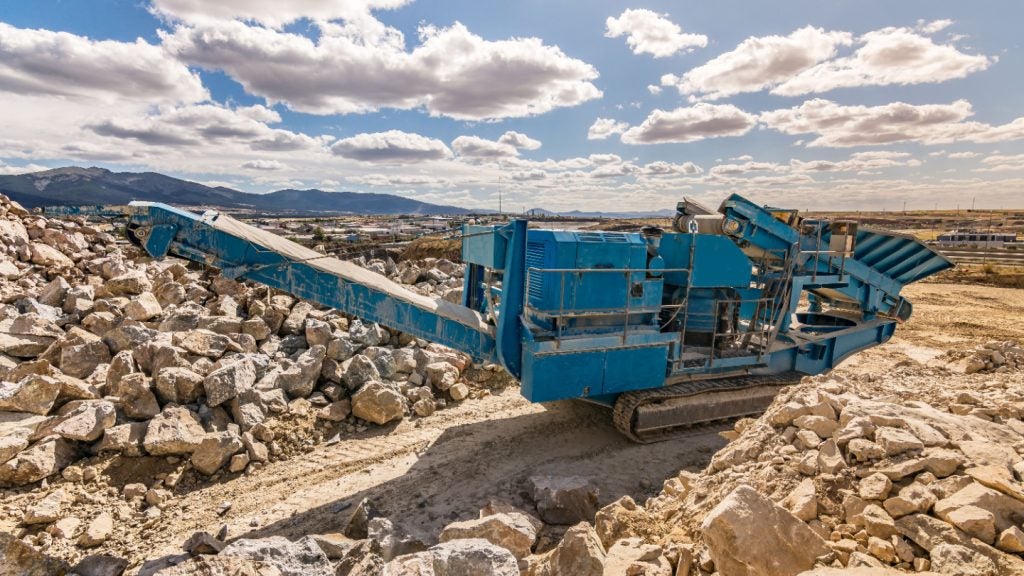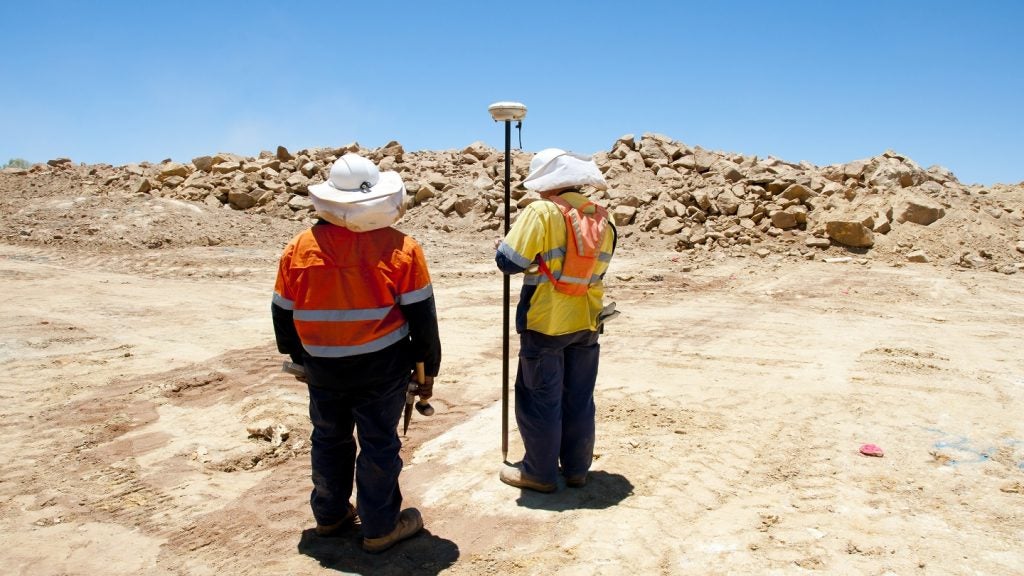Norway plans to become one of the first countries to open its waters to deep-sea mining in the race for critical mineral sourcing.
The Scandinavian country plans to open up an area of the Norwegian Sea the size of Germany for the mining of transition minerals on the sea floor.
The Norwegian Government is readying plans to be submitted to parliament. The plans will require approval before mining can commence.
Polymetallic nodules found on the sea floor at depths of around 3,500–6,000m contain base metals used in energy transition technologies including batteries. The nodules contain, copper, manganese, nickel sulphate and cobalt sulphate.
Environmental concern
Norwegian Prime Minister Jonas Gahr Støre told national newspaper Bergens Tidende that deep-sea mining can be conducted without harming ocean life, a claim countered by environmentalists and scientists, including Norway’s own environment agency.
“The removal of parts of the seabed in this way, in the way that that commercial mining is likely to go ahead, is going to mean that areas of these habitats will be removed, and that will be irreversible," said ecologist Dr Kirsten Thompson, speaking to Mining Technology in March. "Those areas won’t recover, certainly within our lifetimes and more likely beyond."
Supporters of deep-sea mining maintain that exploiting the sea floor is central to meeting transition mineral demand growth. Demand for copper and rare earth metals will grow by 40% in a net-zero by 2050 scenario, predicts the International Energy Agency (IEA), which expects demand for nickel, cobalt and lithium to grow by 60%, 70% and 90%, respectively.
Amund Vik, State Secretary in the Norwegian Ministry of Petroleum and Energy, told the Financial Times that the government would take “a precautionary approach” and that deep-sea mining is necessary to fill the “desperate need for more minerals, rare earth materials to make the transition happen”.
Geopolitical significance of Norwegian marine mining
Additionally, Norway risks reigniting geopolitical tensions if it begins mining near the Arctic Archipelago of Svalbard.
The Svalbard Treaty grants Norway mining rights to the area along with Denmark, France, Ireland, Italy, Japan, the Netherlands, Sweden, Russia, the UK and the US. Norway continues to claim access to a larger proportion of Svalbard’s surrounding waters than the EU, UK, and importantly Russia, claim.
Dr Elizabeth Buchanan, head of navy research at the Sea Power Centre, Australia, told Mining Technology the archipelago is becoming “increasingly geopolitically significant” following Russia’s invasion of Ukraine.
“Traditional access rights and activities of Russia in Svalbard […] have become murky... clouding the activities of Russian forces and interest to Svalbard, and planting the seed in Western threat perceptions that an enhanced Russian posture or interest in Svalbard is going to precede a Russian ‘annexation’ of the archipelago,” Buchanan went on.
Deep-sea mining remains a topic of conversation for the International Seabed Authority, an arm of the UN. The body has a deadline of 9 July to put regulation in place before deep-sea mining will begin following a clause triggered by the Pacific Island of Nauru in 2021.
Additionally, fishing operations have expressed concern that mining will disturb the industry. Sverre Johansen, general secretary of the Norwegian Fishermen’s Association, said that he was “not at all impressed” by the proposal, the Financial Times reports.


